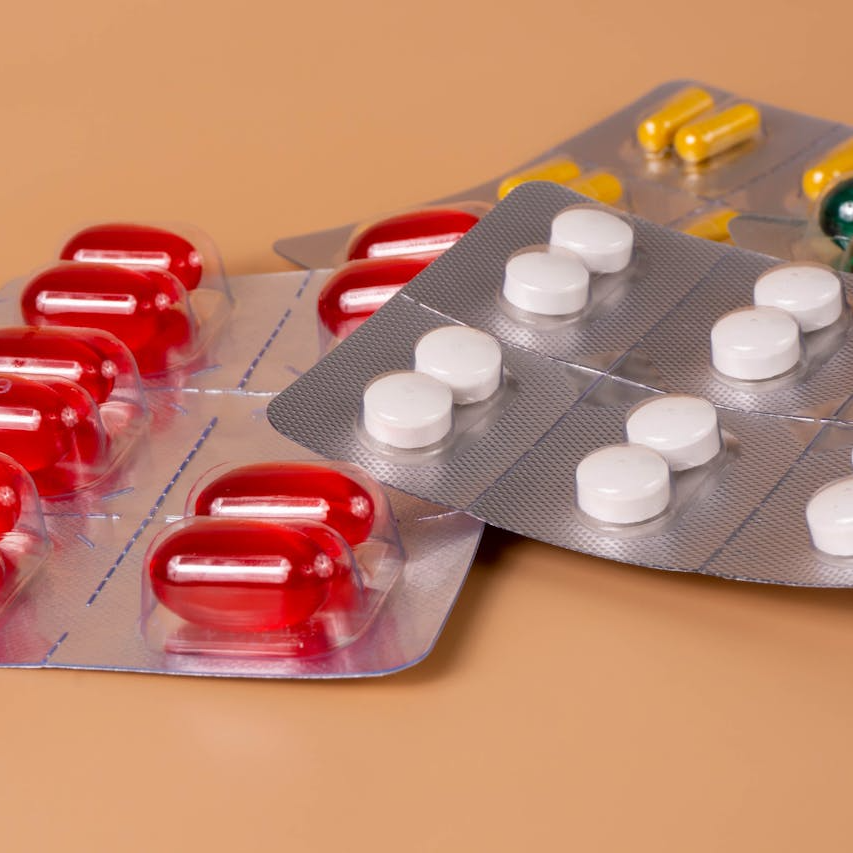Key Takeaways:
- Kidney disease patients face significant challenges due to the Medicare Part D Donut Hole, but various financial assistance programs can help alleviate medication costs.
- Implementing cost-saving strategies and leveraging state and federal aid can significantly reduce out-of-pocket expenses for patients in the Donut Hole.
Financial Relief for Kidney Disease Patients in the Medicare Part D Donut Hole
Kidney disease patients often face high medication costs, and the Medicare Part D Donut Hole can add an extra layer of financial burden. Understanding available financial assistance programs and cost-saving strategies is crucial for managing these expenses. This article explores various options to help kidney disease patients navigate the Donut Hole effectively.
Exploring Financial Assistance Programs for Kidney Disease Patients
Financial assistance programs can play a crucial role in helping kidney disease patients manage their medication costs. Here are some of the key programs available:
- Extra Help (Low-Income Subsidy Program): This program assists Medicare beneficiaries with limited income and resources by helping cover Part D premiums, deductibles, and copayments. Kidney disease patients who qualify can receive significant financial relief.
- Pharmaceutical Assistance Programs: Many pharmaceutical companies offer assistance programs for patients who cannot afford their medications. These programs often provide medications at a reduced cost or even for free.
- State Pharmaceutical Assistance Programs (SPAPs): Some states offer assistance programs to help residents with their prescription drug costs. These programs vary by state and can provide additional financial support for kidney disease patients.
- Nonprofit Organizations: Organizations such as the National Kidney Foundation and the American Kidney Fund offer grants and assistance programs to help kidney disease patients cover their medication costs. These organizations can provide valuable resources and support.
By exploring these financial assistance programs, kidney disease patients can find much-needed relief from the high costs associated with the Medicare Part D Donut Hole.
Navigating Cost-Saving Strategies in the Medicare Part D Donut Hole
Implementing cost-saving strategies is essential for managing expenses in the Donut Hole. Here are some effective strategies for kidney disease patients:
- Generic Medications: Whenever possible, patients should opt for generic medications instead of brand-name drugs. Generic drugs are typically much cheaper and can provide the same therapeutic benefits.
- Mail-Order Pharmacies: Many Part D plans offer mail-order pharmacy services that provide a three-month supply of medications at a lower cost. Using mail-order services can result in significant savings.
- Formulary Tiers: Patients should familiarize themselves with their plan’s formulary tiers. Medications on lower tiers are generally less expensive. Working with healthcare providers to find medications on lower tiers can help reduce costs.
- Pharmacy Discounts and Coupons: Patients can also look for pharmacy discounts and coupons, which can provide additional savings on prescription medications. Websites and apps that offer these discounts can be valuable resources.
- Medication Therapy Management (MTM) Programs: These programs, often provided by Part D plans, offer personalized medication reviews and management. MTM programs can help optimize medication use and identify cost-saving opportunities.
By incorporating these cost-saving strategies, kidney disease patients can better manage their medication expenses and mitigate the financial impact of the Donut Hole.
Leveraging State and Federal Aid for Medication Costs
State and federal aid programs can provide substantial financial relief for kidney disease patients struggling with medication costs. Here are some key programs to consider:
- Medicare Savings Programs (MSPs): These programs help pay for Medicare Part B premiums, and in some cases, Part A and Part B deductibles, coinsurance, and copayments. Kidney disease patients who qualify for MSPs can receive significant financial assistance.
- Medicaid: Patients who are eligible for both Medicare and Medicaid (dual-eligible) can receive comprehensive coverage for their medications. Medicaid can help cover costs that Medicare does not, providing additional financial support.
- Patient Assistance Programs (PAPs): Sponsored by pharmaceutical companies, PAPs offer free or low-cost medications to individuals who meet specific criteria. Kidney disease patients can benefit from these programs to reduce their out-of-pocket costs.
- Federal Health Resources and Services Administration (HRSA): HRSA offers a variety of programs aimed at improving access to healthcare services for underserved populations. These programs can provide additional support for kidney disease patients.
Leveraging these state and federal aid programs can help kidney disease patients significantly reduce their medication costs and navigate the financial challenges posed by the Medicare Part D Donut Hole.
Tips for Reducing Out-of-Pocket Expenses in the Donut Hole
Reducing out-of-pocket expenses is crucial for kidney disease patients dealing with the Donut Hole. Here are some practical tips:
- Annual Plan Review: Patients should review their Medicare Part D plan annually during the Open Enrollment Period. Comparing different plans can help identify one that offers better coverage for their medications at a lower cost.
- Medication Synchronization: Coordinating refill dates so that all medications are refilled at the same time can reduce trips to the pharmacy and help manage costs more effectively.
- Utilize Preventive Services: Medicare covers many preventive services at no cost. Kidney disease patients should take advantage of these services to manage their health and potentially reduce the need for costly medications.
- Health Savings Accounts (HSAs) and Flexible Spending Accounts (FSAs): If eligible, patients can use HSAs and FSAs to save pre-tax money for medical expenses, including prescription medications.
- Educate and Advocate: Patients should educate themselves about their medication options and advocate for their needs with healthcare providers. Open communication can lead to more cost-effective treatment plans.
By following these tips, kidney disease patients can better manage their out-of-pocket expenses and reduce the financial burden of the Medicare Part D Donut Hole.
Comprehensive Financial Planning
Comprehensive financial planning is essential for managing the long-term costs associated with kidney disease. Patients should consider working with financial planners who specialize in healthcare to develop strategies that address their unique needs.
- Budgeting for Healthcare Expenses: Creating a budget that accounts for ongoing medication costs, doctor visits, and other healthcare-related expenses can help patients manage their finances more effectively.
- Insurance Optimization: Reviewing and optimizing all insurance coverages, including supplemental policies, can provide additional financial protection.
- Long-Term Savings Plans: Establishing long-term savings plans, such as IRAs or 401(k)s, can provide a financial cushion for future healthcare needs.
Comprehensive financial planning can help kidney disease patients achieve greater financial stability and ensure they are prepared for any unexpected healthcare expenses.
Financial Security for Kidney Disease Patients
Navigating the Medicare Part D Donut Hole can be challenging for kidney disease patients, but there are numerous resources and strategies available to help manage medication costs. By exploring financial assistance programs, implementing cost-saving strategies, leveraging state and federal aid, and practicing comprehensive financial planning, patients can achieve financial relief and maintain access to the medications they need.
For kidney disease patients, maintaining financial security is crucial to ensuring ongoing access to life-saving medications and healthcare services. By staying informed and proactive, patients can navigate the complexities of the Medicare Part D Donut Hole and focus on their health and well-being.
Contact Information:
Email: [email protected]
Phone: 3365550123









